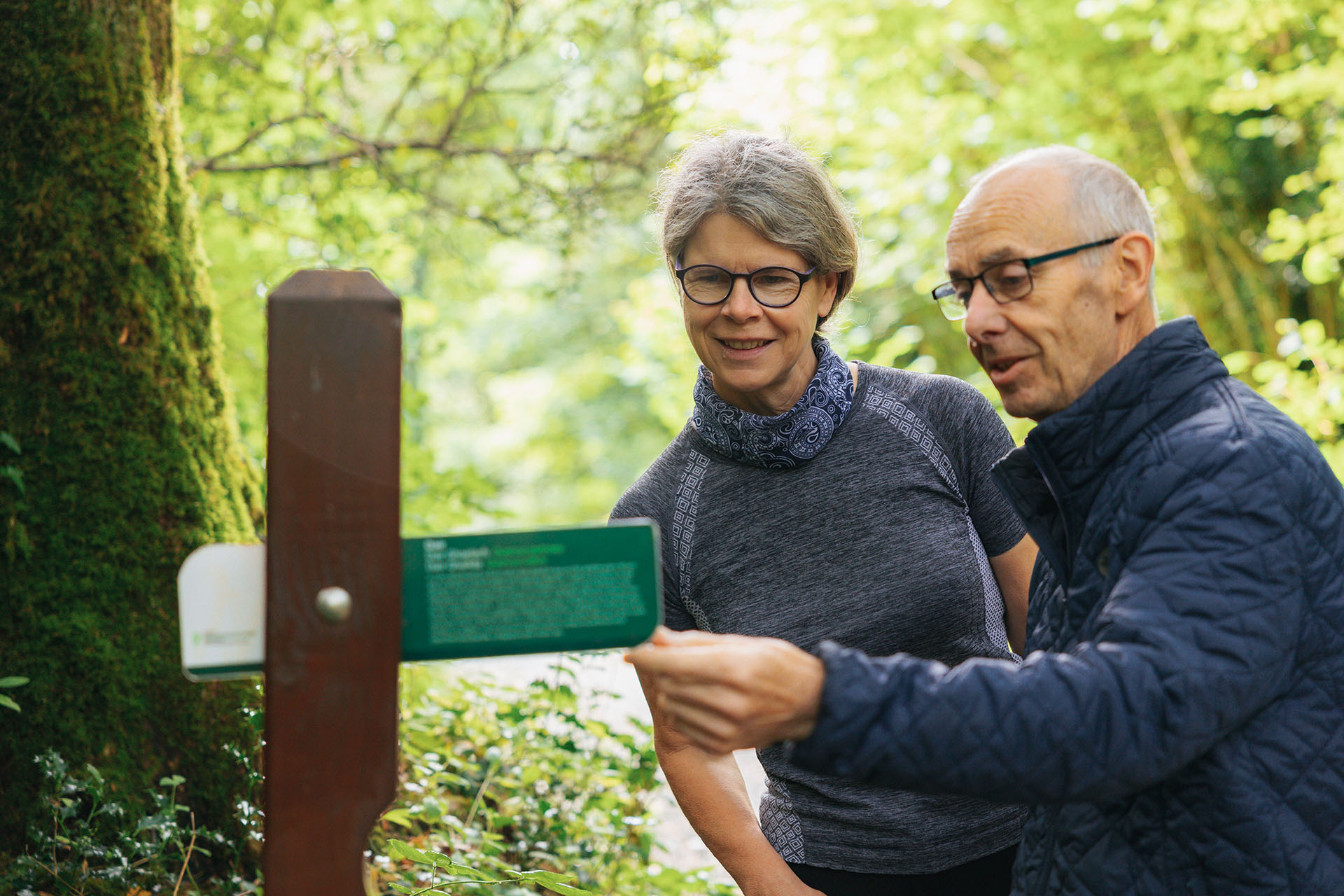What is Roscommon Public Participation Network?
Roscommon Public Participation Network (PPN) is the main link through which Roscommon County Council connects with the Community, Voluntary, Social Inclusion and Environmental sectors in the County. The network is managed by the PPN members through a nominated Secretariat (Board), facilitated by Roscommon County Council via appointed staff and co-funded by the Department of Rural & Community Development.

Community & Voluntary

Environmental

Social Inclusion
Our Vision
“Our Vision is to Enable, Inspire and Empower Communities across County Roscommon”

Aims & Objectives
Representation
Facilitating the election of community representatives onto Roscommon County Council Committees and other local decision making structures
Participation
Engaging, encouraging and supporting members to participate in public consultations and access key local funding opportunities
Education
Providing a range of capacity building initiatives for member groups including training, workshops and funding webinars
Collaboration
Building strategic and collaborative relationships with key local development stakeholders to support member groups
Information
Act as county-wide information hub for communities and members
What do we do?
Roscommon PPN was established to enable communities to have greater involvement with the Local Authority and to give the community a greater voice and influence on issues and policies of interest to them. The PPN facilitates this by electing community representatives onto local decision making structures in Roscommon County Council and beyond. In addition, the PPN also enables community groups to access to local funding opportunities and provides capacity building opportunities for members including:
Training
Workshops
Information Sessions
Networking Events
Who should join the PPN?
When registering to become a PPN member, groups must select which electoral college/pillar best describes the activities of their organisations. These three pillars are Community & Voluntary, Social Inclusion and Environment. Check out the information below to see which category your group could be associated with:
Community
& Voluntary
This is the largest and most diverse college of the three, as it includes all other aspects within a community apart from the two colleges above. Examples include Community Centre’s, Tidy Towns Groups, GAA Club’s, Residents Associations.
Environment
The main objective for these groups must be environmental protection and/or sustainability. They work on building sustainable futures for their communities and local ecosystems.
Social Inclusion
The primary focus of these groups is improving the lives of those who are marginalised in society, living in poverty or in unemployment, using community development approaches. This pillar also supports social enterprises whose ethos is support to inclusion.
